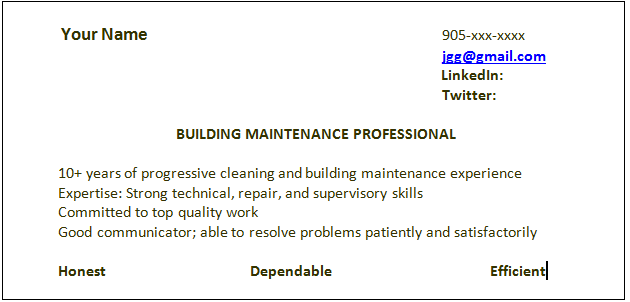If you have ever sought job search advice, you are familiar with the age old recommendation to “network, network, network”. Networking for work means strategically reaching out to people with the explicit intention to develop ties that can lead to employment opportunities and referrals.
The process of building a referral network is mutually beneficial for both job seekers and the employers. For employers, a thoughtful referral from a well-respected source can be very useful to help identify a standout candidate with unique skills. According to Jobvite’s survey, 74% of recruiters view referrals as the source of “higher quality” candidates; 51% of recruiters reported that they consider employee referrals the third most important hiring factor, (after previous job experience and culture fit). SilkRoad’s Sources of Hire 2017 Report revealed that employee referrals are the biggest source for hires. This is so effective that some employers have Employee Referral Programs, which offer financial incentives to employees who successfully refer a suitable candidate.







